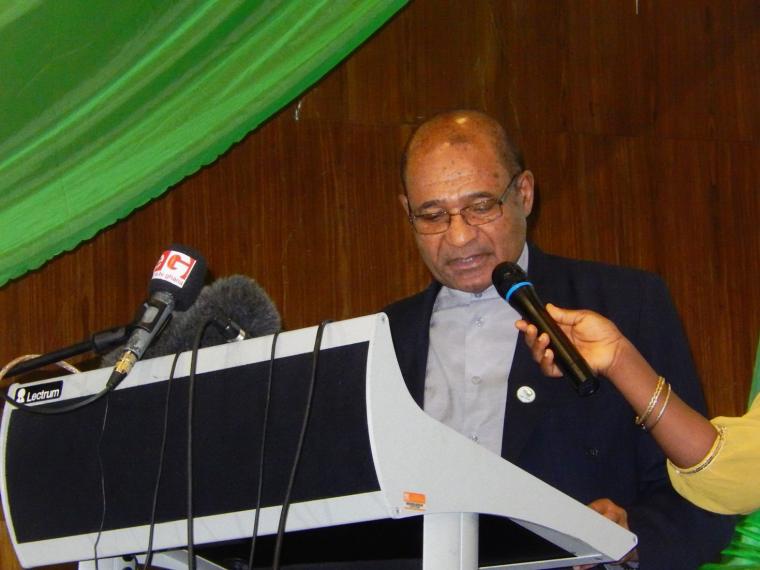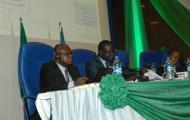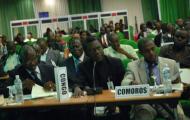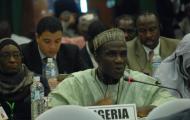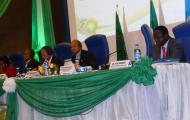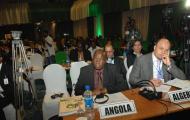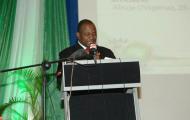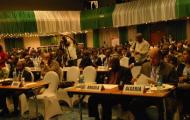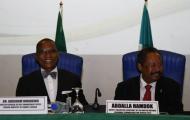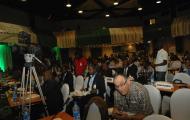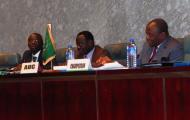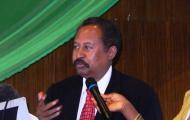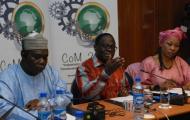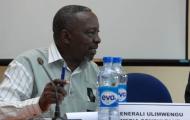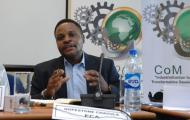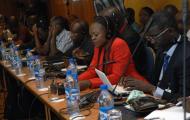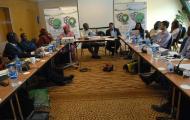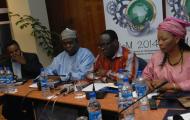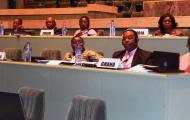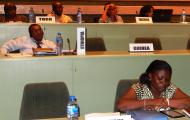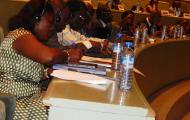Department Resources
September 10, 2025
May 14, 2025
AFRICAN UNION CONFERENCE ON DEBT
LOME, TOGO
12th to 14th May 2025
November 22, 2022
October 12, 2022
September 19, 2020
The African Union Commission (AUC) envisions “an integrated continent that is politically united based on the ideals of Pan Africanism an
June 24, 2020
Highlights of the cooperation with the GIZ-project “Support to the African Union on Migration and Displacement”
June 24, 2020
Violent extremism is a global issue.
October 22, 2026
February 10, 2022
Agenda 2063 is Africa’s development blueprint to achieve inclusive and sustainable socio-economic development over a 50-year period.
December 24, 2025
39th AU summit Media Accreditation Platform
December 17, 2025


